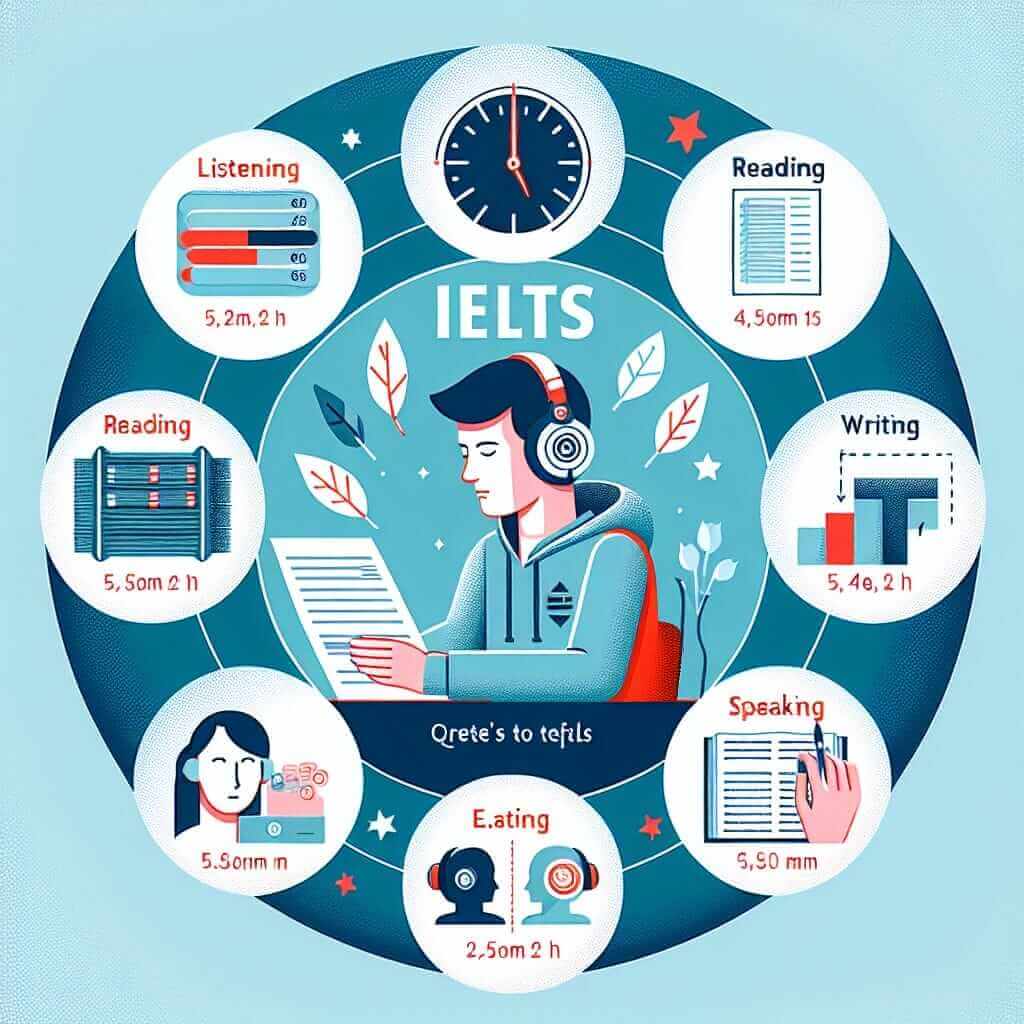As an IELTS instructor with over 20 years of experience, I’ve witnessed firsthand the transformative power of a strong foundation in English language skills for achieving IELTS success. Many students wonder, “Which skills are absolutely crucial for building this foundation?” The answer lies in understanding the integrated nature of the IELTS exam and mastering the core components that underpin it.
The Cornerstones of IELTS Proficiency
The IELTS exam, regardless of whether you choose Academic or General Training, assesses your ability to use English effectively across four key skills:
1. Listening: This involves understanding spoken English in various accents and contexts, from lectures to casual conversations.
2. Reading: This requires comprehending texts of varying lengths and complexities, identifying key information, and understanding the writer’s purpose and tone.
3. Writing: This tests your ability to express your ideas clearly and cohesively in written form, using accurate grammar, vocabulary, and a range of sentence structures.
4. Speaking: This assesses your fluency, pronunciation, vocabulary, and grammatical accuracy in spoken English through face-to-face interaction.
Building a Solid Base: Strategies for Each Skill
Mastering each skill requires targeted practice and effective learning strategies. Here’s how you can build a strong foundation:
1. Listening:
- Immerse yourself in English: Listen to podcasts, watch English-language films and TV shows, and expose yourself to different accents.
- Practice active listening: Pay close attention to the speaker’s main points, supporting details, and tone of voice.
- Utilize IELTS listening practice tests: Familiarize yourself with the format and question types to improve your time management and comprehension skills.
2. Reading:
- Read extensively: Choose texts from various genres, such as newspapers, magazines, academic journals, and fiction.
- Develop your vocabulary: Make note of unfamiliar words and practice using them in context.
- Master skimming and scanning techniques: Learn to quickly identify key information and answer specific questions efficiently.
3. Writing:
- Practice grammar and sentence structure: A firm grasp of English grammar is essential for clear and accurate writing.
- Expand your vocabulary: Use a range of vocabulary to express your ideas precisely and effectively.
- Analyze model answers: Pay attention to the structure, organization, and language used in high-scoring IELTS writing samples.
4. Speaking:
- Practice speaking regularly: Find opportunities to converse with native English speakers or language partners.
- Record yourself speaking: This helps identify areas for improvement in pronunciation, fluency, and grammar.
- Familiarize yourself with common IELTS speaking topics: Prepare ideas and vocabulary related to frequently asked questions.

Illustrative Examples from IELTS
To solidify your understanding, let’s look at how these skills are assessed in the IELTS:
- Listening: You might listen to a conversation between two students discussing a university assignment and answer questions about their opinions and plans.
- Reading: You might read a passage about the history of photography and then answer multiple-choice questions or complete a summary.
- Writing: You might be asked to write a letter explaining a situation or an essay discussing a particular topic.
- Speaking: You might be asked to describe a memorable event, discuss your opinion on a current issue, or respond to hypothetical questions.
Tips for IELTS Success:
- Start early: Don’t wait until the last minute to prepare. Allow ample time to develop your skills and build confidence.
- Focus on your weaknesses: Identify your weaker areas and devote more time and effort to improving them.
- Seek feedback: Have a teacher or tutor review your writing and speaking to identify areas for improvement.
- Stay motivated: Remember your reasons for taking the IELTS and visualize your success.
Conclusion
Laying a solid foundation in the four core English language skills is paramount for achieving your desired IELTS score. By embracing consistent practice, effective strategies, and a positive mindset, you can confidently approach the exam and unlock your language learning potential. Remember, IELTS success is a journey, and each step you take towards mastering these foundational skills brings you closer to your goals.